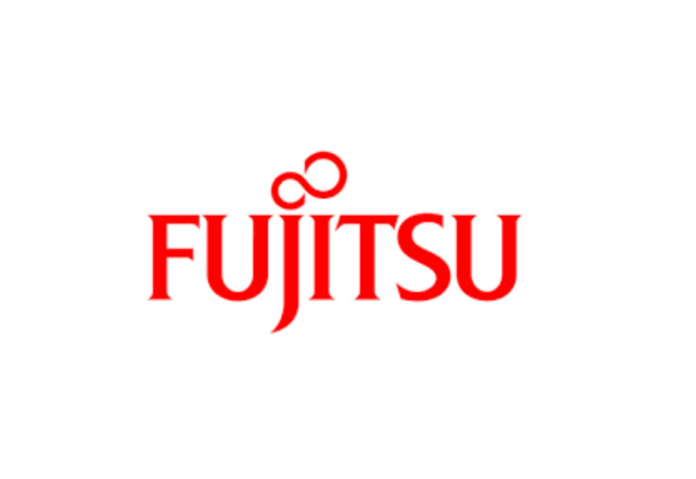
Kawasaki and Nagoya, Japan, February, 2025: Fujitsu Limited and Tokai National Higher Education and Research System, which operates Gifu University and Nagoya University, today announced the commencement of joint research with the Japan Aerospace Exploration Agency (JAXA) on the “Development of explainable AI-based prediction model for solar energetic particle events for Moon and Martian exploration.” The joint research began on February 1, 2025, and will run until March 31, 2026.Under a comprehensive agreement signed on February 24, 2023, Fujitsu and the Institute for Space-Earth Environmental Research (ISEE), Nagoya University have been collaborating on advancing space weather forecasting. This research has been selected for the Moon to Mars Innovation (1) program, an initiative of JAXA’s Space Exploration Innovation Hub.
This research utilizes Fujitsu’s explainable AI technology, Fujitsu Kozuchi XAI, simulation data from ISEE and lunar data from JAXA to predict solar energetic particle events on the lunar surface. Solar energetic particles (SEPs) are a type of cosmic radiation that forms around solar flares and similar events, and propagates through space. Direct exposure to SEPs on the lunar surface or in outer space around the Earth may be lethal, so it is necessary to be able to predict when they may occur.
In anticipation of the Artemis Project (2), an international lunar exploration program, the research partners aim to accelerate observation and prediction research on the lunar surface by refilling data analysis specifications for the Space Radiation Dosimeter (3), which JAXA is developing.
Fujitsu and Tokai National Higher Education and Research System are committed to developing predictive technology for solar energetic particle events to ensure the safety of all space activities, including lunar exploration. This research will be further developed and implemented in collaboration with JAXA and relevant stakeholders, with anticipated applications in areas such as health management, space transportation and resource planning, and emergency radiation warnings.
(1) Moon to Mars Innovation :A joint research system focusing on technical issues that directly respond to the needs of international space exploration. It is focused on the application of innovative terrestrial technologies and aims for the gradual realization of technological and infrastructural advancements that will revolutionize the architecture of international space exploration, paving the way for sustained lunar and Martian exploration.
(2) Artemis Project :Plan for the moon exploration led by NASA and the subsequent manned landing on Mars. A manned test flight and the first manned moon landing since the Apollo program are scheduled after 2025.
(3) Space Radiation Dosimeter :Device, which is scheduled to be installed on the Gateway, a manned lunar orbiting base that JAXA is participating in the development of.
Also read: Viksit Workforce for a Viksit Bharat
Do Follow: The Mainstream formerly known as CIO News LinkedIn Account | The Mainstream formerly known as CIO News Facebook | The Mainstream formerly known as CIO News Youtube | The Mainstream formerly known as CIO News Twitter
About us:
The Mainstream formerly known as CIO News is a premier platform dedicated to delivering latest news, updates, and insights from the tech industry. With its strong foundation of intellectual property and thought leadership, the platform is well-positioned to stay ahead of the curve and lead conversations about how technology shapes our world. From its early days as CIO News to its rebranding as The Mainstream on November 28, 2024, it has been expanding its global reach, targeting key markets in the Middle East & Africa, ASEAN, the USA, and the UK. The Mainstream is a vision to put technology at the center of every conversation, inspiring professionals and organizations to embrace the future of tech.





